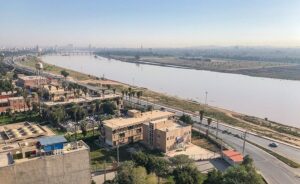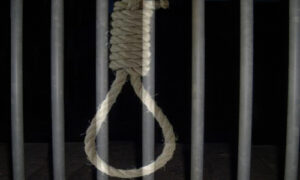Conscience Abdul Rahman Afravi, an expert on Iranian affairs, believes that the formation of the Massoud Bezhkian government cabinet and the internal security measures related to securing the Arbaeen ceremonies are among the most important reasons for Iran’s delayed response to Ismail Hanieh’s assassination.
In an exclusive interview with Al-Ain Farsi, Afravi noted that Iran is also concerned that a response to Israel could create internal security tensions that would be difficult to control. Additionally, there are worries about the Western military presence in the region surrounding Iran and its allies.
Afravi continued by saying that Tehran is now at a crossroads. It must respond to maintain its reputation with its proxy forces in the region; failure to do so could lead to the collapse of what is known as the axis of resistance.
He added that Iran would face a predicted crisis if it were to launch a military response against Israel, as Israeli Prime Minister Benjamin Netanyahu is waiting for an opportunity to draw Tehran into a regional war.
The assassinations of Hanieh and Foad Shakar: What are the reactions of the “Axis of Resistance”?
Afravi concluded by saying that if Iran decides to respond, it will do so in coordination with Hezbollah, the Houthis, and other loyal factions in the region, ensuring that Israel’s response is divided across several fronts. He added that before issuing a definitive response, Tehran is working to acquire advanced air defense systems to secure several of its critical domestic interests.



















